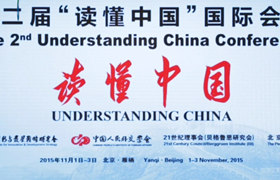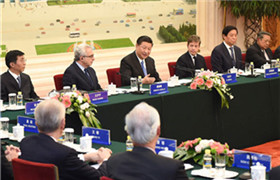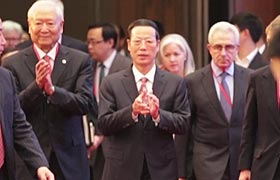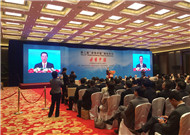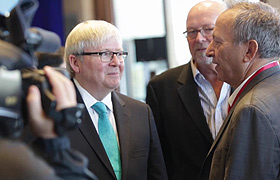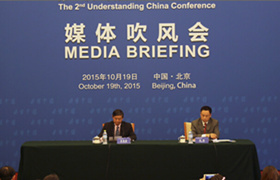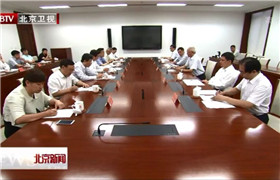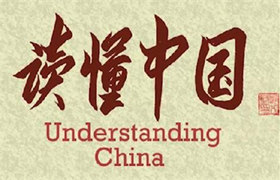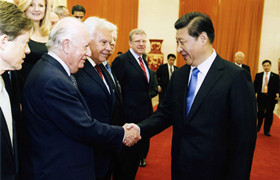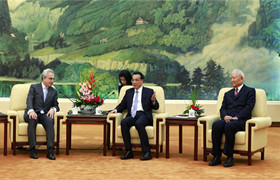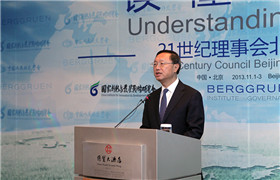- HOME--> Chairman
-
Making China an Internet Powerhouse with the People at the Center
Source:CIIDS
[1]The article was published in the April Issue of Qiushi, a political theory bimonthly of the Central Party School and the Central Committee of the CPC.
[2]Zheng Bijian is Chairman of China Institute for Innovation & Development Strategy and former Executive Vice President of the Central Party School of the Communist Party of China.
[3]By “concentric circles’, President Xi Jinping meant rallying all Chinese people behind the central leadership of the CPC in a concerted effort to achieve the great renaissance of the Chinese nation.
[4]These were first discussed at the 18th National Congress of the CPC and are now widely known as the “Four Confidences”.
[5]The four principles are as follows: respect for cyber sovereignty; safeguarding peace and security; open cooperation; and building a good order. The five proposals are as follows: accelerating construction of global cyber infrastructures; building online platforms for cultural sharing and exchanges; promoting innovation-driven development of the digital economy; safeguarding cyber-security; and establishing cyber governance systems.
[6]Baihua, or “colloquial Chinese”, refers to vernacular style of the Chinese language. The Baihua Literary Movement broke out in 1917 and succeeded in making Baihua the written language in the nation.
[7]First proposed in 2015, Internet Plus refers to the application of the Internet and other information technologies in conventional industries. It may offer a good opportunity for economic transformation.
-
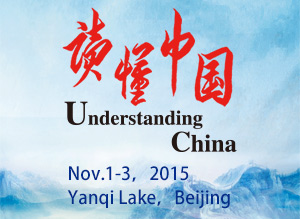
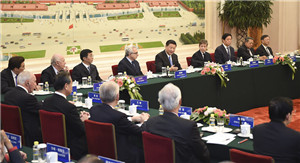
The 2nd "Understanding China" ConferenceOn November 1~3, 2015, the 2nd “Understanding China” Conference was held in Beijing Yanqi Lake International Conference Center. Zhang Gaoli, Vice Premier of the State Council, attended the opening ceremony.
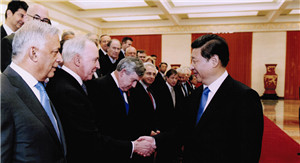
The 1st "Understanding China" ConferenceOn November 1~3, 2013, the 1st “Understanding China” Conference was held in Beijing, which was cosponsored by China Institute for Innovation & Development Strategy (CIIDS), Chinese People’s Institute of Foreign Affairs (CPIFA), and Berggruen Institute on Governance.
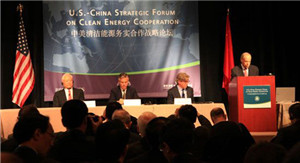
The 2nd U.S.-China Strategic Forum on Clean Energy CooperationWith the “Prospects for U.S.-China strategic cooperation in next decade” as its theme, the forum dwells on the implications of U.S.-China cooperation from the strategic perspective of coping with global challenges and maintaining world peace.
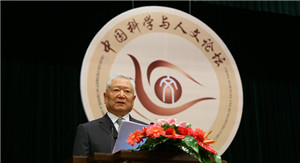
The China Sciences and Humanities ForumCo-initiated in April 2003 by renowned Chinese scientist Mr. Lu Yongxiang and influential political strategist Zhen Bijian, China Sciences and Humanities Forum was jointly hosted by Graduate University of Chinese Academy of Sciences (GUCAS) and the Higher Education Press.

